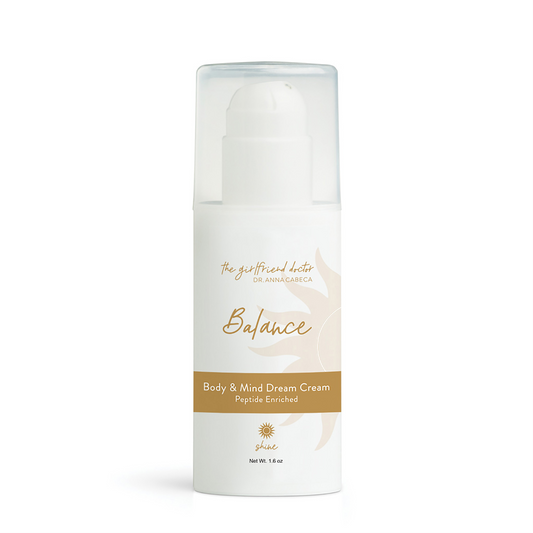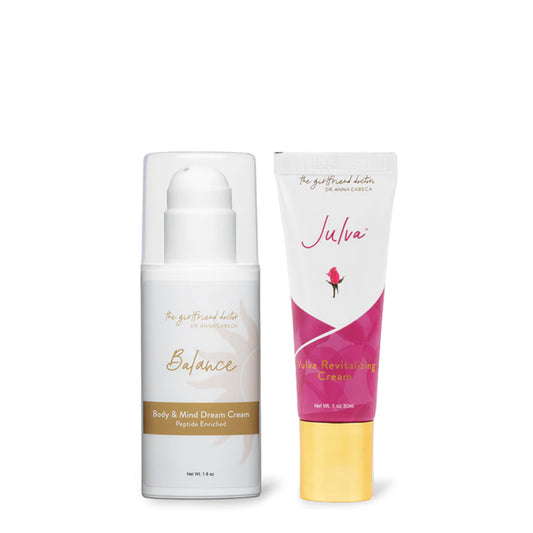With the coronavirus spreading through communities, there’s a lot of talk about important measures like hand-washing, social distancing, and not touching our faces or shaking hands. Yes, we should be practicing all of these, for sure.
But not many experts are talking about something I feel is just as vital: strengthening your immune system. Its main job is to protect your body from foreign invaders, including pathogens like the coronavirus. If pathogens enter your body, the immune system will dispatch white blood cells to fight it off and will not stop until the threat is gone. Amazing, isn’t it?
But if your immunity is weak or compromised in some way, the immune system has a tough time doing its job – and you’re susceptible to catching the coronavirus, the flu, a cold, or other infection.
We need to do whatever we can to bolster our immune system. One key way to do that is to follow an alkalinizing diet. I talk about alkalinity in my book Keto-Green 16, and here I want to specifically emphasize how alkalinity protects the immune system.
How an Alkaline Diet Works
In simple terms, an alkaline diet is a way of eating that emphasizes non-acidifying foods over acidifying ones. You base your food choices around those that lower the acid levels in your body and increase its alkalinity.
The goal of an alkaline diet is to balance the body’s pH levels. ph stands for the power of hydrogen or the total hydrogen ion concentration in a solution. pH levels are expressed on a scale from 1 to 14 to specify how acidic or alkaline a water-based solution is. Higher pH numbers are alkaline (also referred to as base) and lower numbers are acidic (acid). A pH of 7 is generally considered neutral. You can test your pH daily by using special strips available from drannacabeca.com.
Current research shows that eating alkaline-forming foods support the body’s natural pH balancing act. Foods on the alkaline end of the scale include vegetables (particularly greens), fermented vegetables (like sauerkraut and kimchi), low-glycemic, low-sugar fruits, and various healthy fats such as avocados, nuts, and seeds. If you eat enough alkaline-forming foods, your body has better access to access to immune-boosting nutrients. Also, many nutrition and medical experts believe that disease cannot develop in an alkaline environment. I agree!
To reduce acid load, you’ll want to watch out for acid-forming foods. These include sugar, processed foods, breads, pastas, grains, starchy vegetables, artificial sweeteners, sodas, many meats, and alcohol. Excess acid weakens your immune system and causes very serious illnesses, including cancer, heart disease, and a range of neurological disorders.
So the first move you want to make is to remove acid-forming foods from your diet. Then start populating your meals with highly alkaline and immune-strengthening foods. Here are seven of my top picks. (For others, refer to Keto-Green 16.)
- Cruciferous Vegetables
These include cauliflower, broccoli, cabbage, and Brussels sprouts. All are packed with antioxidant vitamins that boost the immune system. They also contain an array of special plant chemicals that detoxify your body of health-damaging environmental toxins. Honorable mention here goes to cauliflower. It is high in glutathione, a powerful antioxidant that fights off infections.
Enjoy these veggies in various ways – roasted or steamed, and in the case of broccoli and cauliflower, have them raw too. Riced cauliflower is a great stand-in for rice. Cauliflower can also be processed into a delicious low-carb, gluten-free pizza crust. Fermented cabbage, better known as sauerkraut, is highly alkalinizing and beneficial to your digestive system.
- Greens
Among the most alkalinizing foods you can eat are greens such as kale, spinach, collard greens, and Swiss chard. These veggies are super-high in vitamin C, which is not only a powerful antioxidant, it also wards off infections and regenerates other antioxidants in the body, including vitamin E. Greens are also rich in folate, another immune booster and a detoxifier.
Sauté greens in a little olive oil, or use them as a foundation for nutrient-rich salads. I like to toss handfuls of spinach or kale into my smoothies or an extra immune-boosting punch.
- Mushrooms
Though mushrooms are not technically a vegetable – they’re a fungus – these delicious nuggets of goodness are highly alkalinizing. They are a major source of the immune system-boosting mineral, zinc. When zinc is in short supply, you tend to have fewer white blood cells to battle disease. Fewer white blood cells lead to a compromised immune system.
Mushrooms are highly versatile. Add them to pasta sauces, stews, and salads. A grilled portabella mushroom makes a great bun-less bun for sandwiches and burgers. Sauteed mushrooms of any kind are a delicious side dish.
- Garlic and Onions
You’re probably familiar with the flavor credentials of these veggies, but how much do you know about their immune-boosting qualities?
Both are members of the allium family, which also includes leeks, scallions, and chives. All of these are rich sources of quercetin, an anti-inflammatory compound that helps prevent disease. Eating garlic, in particular, can increase the number of virus-fighting T-cells in your bloodstream.
I love to sauté garlic and onions in with greens and other veggies. Onions are wonderful raw on salads. Both vegetables can really perk up sauces and marinade.
- Avocado
Here’s my must-have favorite fat for immunity—the wonderfully delicious and versatile avocado. Avocados are truly a superfood, with studies showing benefits that range from fighting inflammation to bolstering the immune system. One reason avocados are so powerful against infection and disease is that they contain the immune-boosting antioxidant, glutathione.
If you eat avocados regularly, congratulations—you may be among a group of people who are very well nourished. Avocados are loaded with a lot of nutrients in which most people are deficient: dietary fiber, vitamins K, and E, potassium, and magnesium.
Put avocado slices on salads, in sandwiches and tacos, or turn them into guacamole for dipping with other alkaline veggies.
- Lemon
This highly alkaline citrus fruit is packed with vitamin C, making it an immune-boosting essential. Lemons also contain bioflavonoids, which are phytonutrients. These naturally-occurring chemicals create beneficial reactions in the body, including an added immunity boost
In the mornings, squirt the juice of one lemon into a glass of filtered water with a fourth of a teaspoon of baking soda, and drink it down. This beverage detoxifies your body and starts your day on an alkaline note.
- Brazil Nuts
Pop one or two of these daily, and your immune system will thank you. Native to the Amazon rainforest, Brazil nuts are one of the most concentrated sources of selenium, an antioxidant mineral that has been linked to enhanced immunity. Brazil nuts have more selenium than any other nut on the planet. Just one nut daily supplies your body all the selenium you need. Brazil nuts are also rich in antioxidants.
The best way to enjoy these amazing nuts is raw as part of a snack.
If you’re interested in learning about other alkaline foods you can eat to protect yourself against viruses and other illnesses, get a copy of my new book Keto-Green 16. It lists a wide range of alkaline foods and contains a 16-day meal plan that is based on alkaline and ketogenic (fat-burning) nutrition. Order today and stay healthy!







